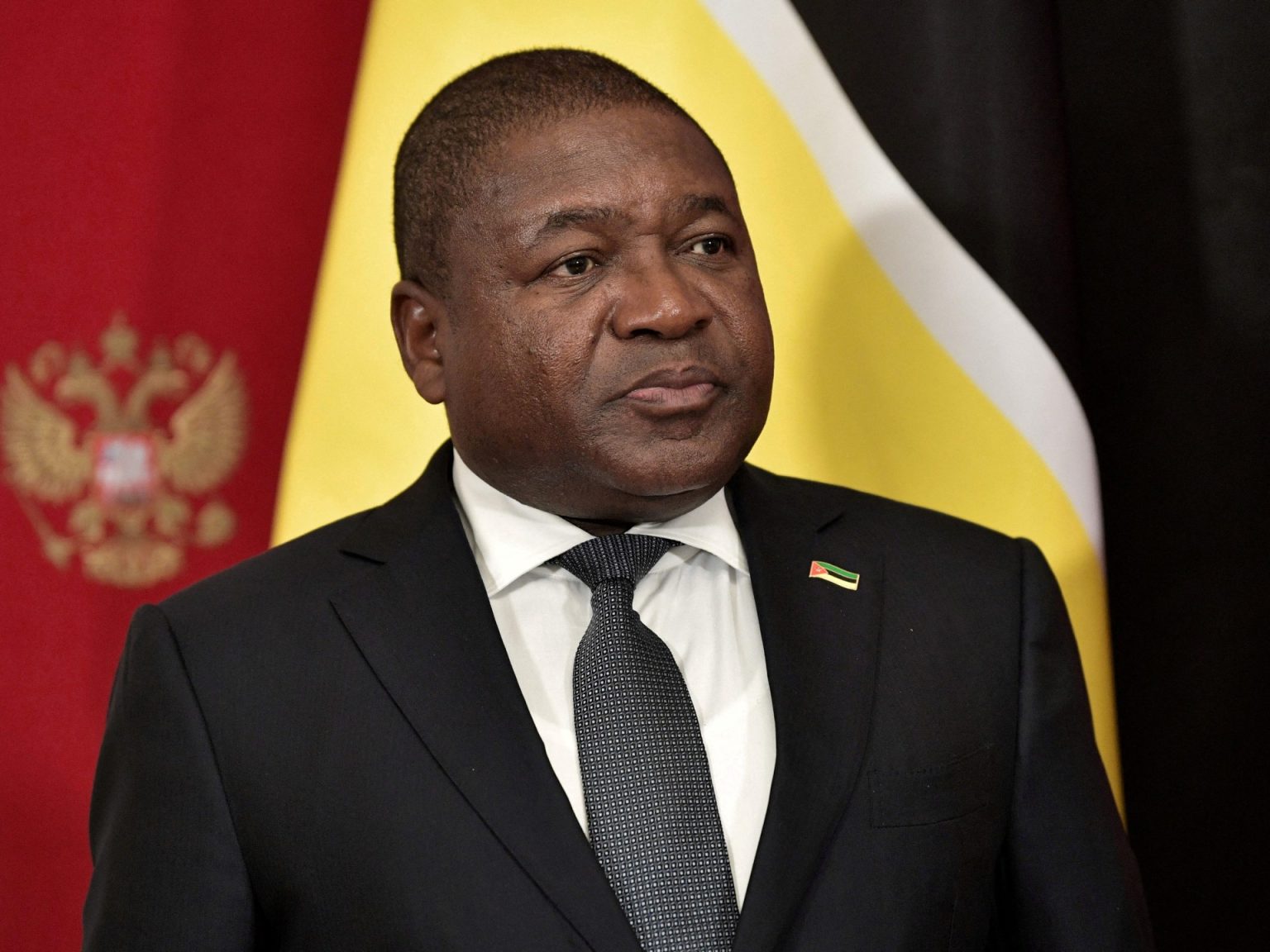President Filipe Nyusi of Mozambique recently announced that the country’s army is engaged in a battle with ISIL-linked groups in the gas-rich Cabo Delgado province, specifically in Macomia. The town of Macomia has been the target of a major attack by armed groups, leading to increased violence in the region since January. The attack involved hundreds of fighters and despite initial withdrawal, the armed group regrouped and launched another assault, making it the most serious attack in the area in some time.
Piers Pigou, head of the Southern Africa Programme at the Institute for Security Studies, highlighted the security vacuum created by the withdrawal of the Southern African Development Community (SADC) troops. The attack on Macomia district headquarters has raised concerns about stability in the region, despite claims that the province had been mostly stabilized. President Nyusi expressed hope that the SADC forces would be able to intervene, although their current deployment status was unclear.
In addition to the SADC troops, Rwanda has also deployed soldiers to assist in fighting the armed groups in Mozambique. The International Organization for Migration reported that over 110,000 people have been displaced due to escalating violence in Cabo Delgado since the end of last year. This displacement wave further complicates the security situation in the region, with French oil company TotalEnergies seeking to resume a $20 billion liquefied natural gas terminal in Cabo Delgado, which was halted in 2021 due to the violence.
ExxonMobil, in partnership with Eni, is also working on an LNG project in northern Mozambique and recently expressed optimism in pushing forward with the project as the security situation has shown signs of improvement. Despite these efforts to continue development in the region, the ongoing violence and attacks pose a significant threat to both the local population and international investments. The situation remains volatile, requiring a coordinated effort from both national and regional security forces to address the root causes of the conflict and restore stability in Cabo Delgado.
The influx of armed groups linked to ISIL in Cabo Delgado has created a challenging security environment, with attacks in the region escalating despite efforts to stabilize the province. The withdrawal of the SADC troops has further exacerbated the situation, leading to concerns about a security vacuum in the region. President Nyusi’s call for assistance from the SADC forces and Rwanda highlights the need for international cooperation in addressing the crisis and protecting the local population from further violence and displacement.
As companies like TotalEnergies and ExxonMobil continue to invest in the region’s natural resource projects, the security situation remains a critical factor in determining the success and sustainability of these ventures. The attacks in Macomia and the wider Cabo Delgado province underscore the complex challenges facing Mozambique, requiring a multifaceted approach that combines security measures with efforts to address the root causes of the conflict. Only through sustained and coordinated action can the country hope to achieve lasting peace and stability in the region.













